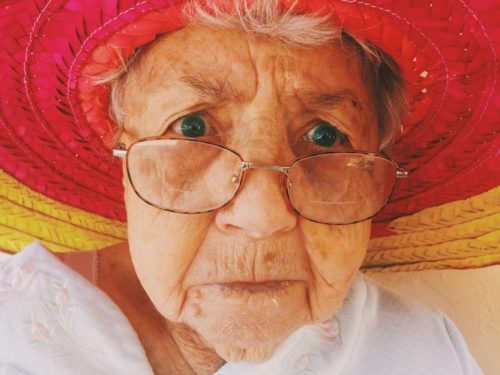Heatwaves can be dangerous, especially for the very young or very old or those with chronic disease. Advice on how to reduce the risk either for yourself or somebody you know can be obtained from the NHS website at https://www.nhs.uk/live-well/healthy-body/heatwave-how-to-cope-in-hot-weather/ NHS 111 or from your local chemist.
Heatwave care advice – we all love the sun but heat or a heatwave can be very dangerous for some older people living alone and for those with conditions such as heart or respiratory disease, diabetes or Alzheimer’s. The main risks posed by a heatwave are dehydration (not having enough water), overheating, which can make symptoms worse for people who already have problems with their heart or breathing, heat exhaustion or heatstroke.
Heatwave care advice- top tips for staying safe during the very hot weather:
- Drink lots of fluid – even if you aren’t thirsty – opt for water rather than tea, coffee, alcohol or sugary drinks. Carers should make sure that they leave plenty of water or dilute drinks available.
- Eat normally – even if you aren’t hungry, you need a normal diet to replace salt losses from sweating. In addition, try to have more cold foods, particularly salads and fruit, as these contain a lot of water.
- Don’t spend long periods sitting or working outside during the hottest time of the day: late morning to mid-afternoon.
- Avoid strenuous activity, and limit activities like housework and gardening to the early morning or evening when it’s cooler.
- When inside, try to stay in the coolest parts of your home. Keep curtains and blinds closed in rooms that catch the sun.
- Keep windows shut while it’s cooler inside than out and open them when it gets hotter inside. If it’s safe, you could leave a window open at night when it’s cooler.
- Wear loose, lightweight, light-coloured, cotton clothing.
- Take cool baths or showers.
- Splash your face with cool (not very cold) water, or place a damp cloth on the back of your neck to help you cool off.
- If you’re travelling by car or public transport always take a bottle of water. Try to avoid long journeys.
Heatwave care advice – what else can you do?
- If you live alone, consider asking a relative, friend or carer to visit or phone to check that you’re not having difficulties.
- If you know a neighbour who lives alone, check regularly that they are OK.
- Keep an eye on the weather forecast.
- Get help quickly if you become unwell.
- If you have breathing problems or a heart condition, your symptoms might get worse when it’s very hot. Contact your GP for advice.
Perhaps an extra visit each day from Gardiner’s during this hot weather would help?
NHS – how-to-cope-in-hot-weather
How do I know if someone needs help?
Seek help from a GP or contact NHS 111 if someone is feeling unwell and shows symptoms of:
- breathlessness
- chest pain
- confusion
- intense thirst
- weakness
- dizziness
- cramps which get worse or don’t go away
Get the person somewhere cool to rest. Give them plenty of fluids to drink.

